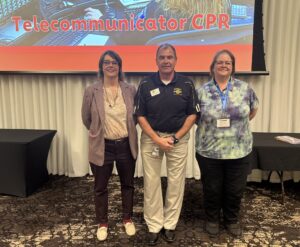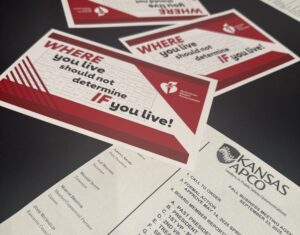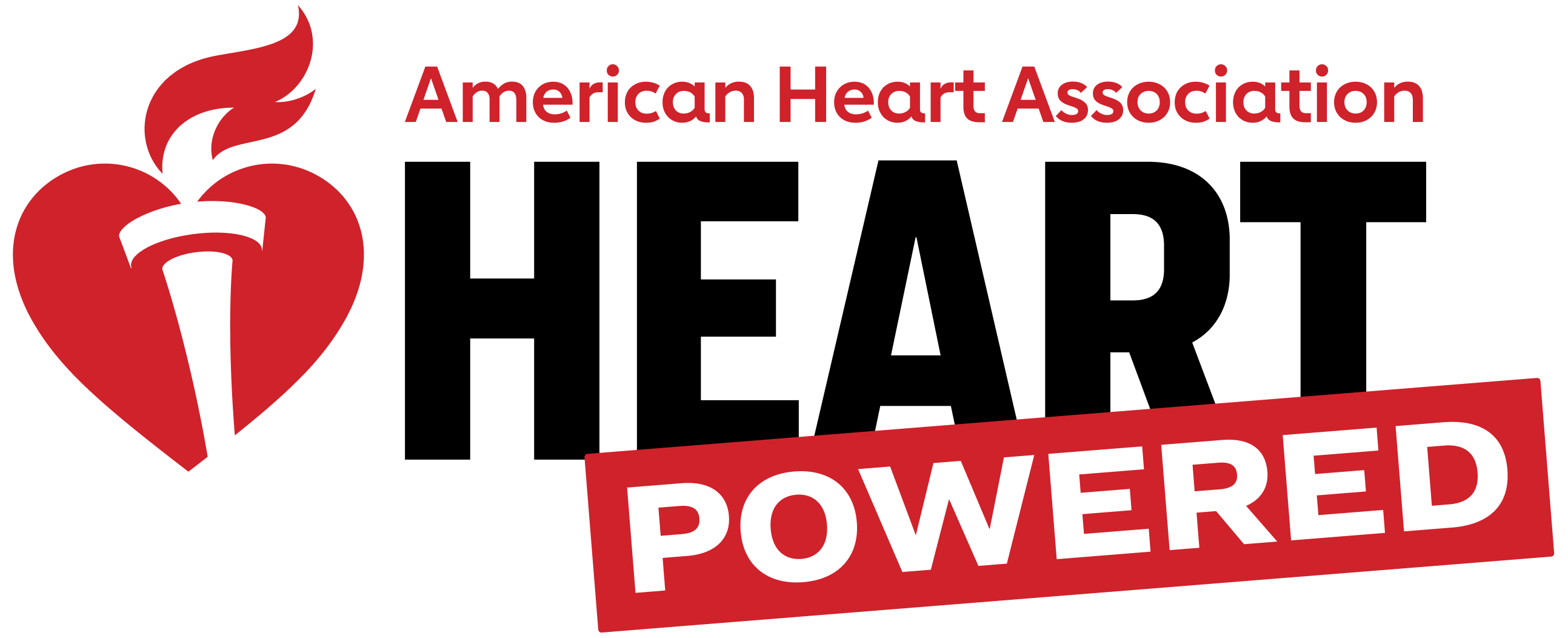
Seconds Save Lives: Why Senate Bill 11 Matters for Kansas Communities
This week, Kari Rinker, Kansas Government Relations Director, presented at the Association of Public-Safety Communications Officials (APCO) conference on the importance of Telecommunicator CPR (T-CPR) and our support for Senate Bill 11 — a bill that would require T-CPR training across Kansas.

T-CPR is the training of 9-1-1 emergency medical dispatchers to coach callers on how to perform CPR until help arrives. Every year, more than 350,000 Americans experience an out-of-hospital cardiac arrest (OHCA). Of those 350,000 people, only 1 in 10 survives. Early access to 9-1-1 and CPR are the first two links in the Chain of Survival. Early lay rescuer CPR approximately doubles the chance of survival.
T-CPR offers a safe, cost-efficient, and effective approach to increase lay rescuer CPR and grow the Nation of Lifesavers. In fact, telecommunicator CPR is associated with a 51% greater likelihood of survival after OHCA as compared to no lay rescuer CPR.

At the APCO conference, many 9-1-1 dispatchers shared their stories about the impact a bill requiring T-CPR would have on their lives and their communities. When asked why they support training emergency dispatchers on how to talk through CPR to help save lives, participants said:
“Seconds save lives! We are a small county with no EMDs. EMS has lots of miles to cover throughout the county.” – Plainville, KS
“Everybody deserves a chance to live, and I deserve to be confident in giving instruction.” – Goodland
“I am a 9-1-1 dispatcher with heart disease.” – Medicine Lodge
“I have saved a life with the help of guiding a caller through CPR. He would not have survived without it.” – Goddard
